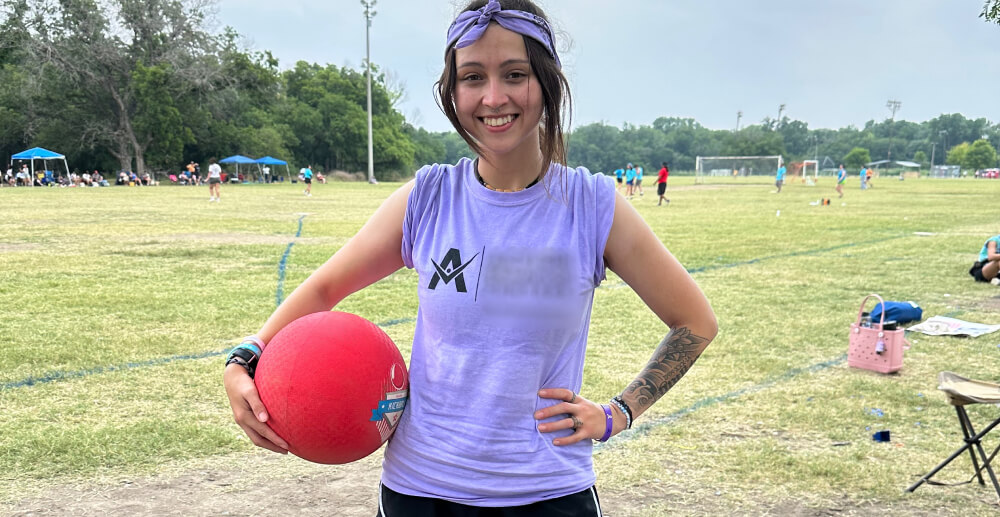Kicking Addictions and Bad Habits with Fitness Trackers
Fitness trackers are ubiquitous these days; Jawbone, Fitbit, Apple Watch, Misfit, Garmin … even McDonalds has tried to jump on the trend (unsuccessfully). They’re especially popular when the seasons change, many of us want revamp our habits for the healthier, kick addictive behaviors, or get help with addiction recovery. Whether your wearable device is a freshly opened self-care gift, or a time-tested favorite, milk the most out of it by using it to help you stick to kicking addictions and bad habits. Here are 5 ways fitness trackers help you kick your vices…
1. They serve as powerful visual cues
Our beautiful brains form memories of the circumstances surrounding our engagement in addictions and bad habits. The stimuli from these memories, like sights, sounds, and tastes, become associated with the addictive behavior and can trigger cravings in the future. For example, if you’re trying to quit drinking nightly cocktails on your couch in your pajamas, finding an alternative cozy pre-bed routine will help you avoid cravings to drink. On the flip side, we can create new associations with stimuli that support our addiction recovery goals. Enter fitness tracker! Seeing and feeling it can remind you of your commitment to your health and wellness. Maximize this effect by resolving never to engage in your addictive behavior while wearing it, or marking it with a sticker or another visual reminder of your addiction-related goals.
2. They foster accountability
Beating bad habits starts with a commitment to staying accountable. Clever creatures that we are, it can be easy to lie to ourselves about whether we are sticking to our goals. What was “just a bite” of that dessert was actually 95% of it, or “one cup of coffee” was in a bucket-sized mug. Being accountable means consistently taking an honest inventory of our choices. Facing the reality of whether we are on track with our paths to addiction recovery can be uncomfortable at times, but it’s essential. Wearable devices, by offering an objective measure of our actions, make us practice accountability.
3. They encourage ongoing self-monitoring
Self-monitoring means continually staying accountable. Merely being aware of our choices in the moment often helps us make better ones. But it also provides valuable information that helps us course-correct to stay on track toward our goals in the future.
This is important because many of our habits are related to seemingly unimportant little decisions that add up. If we can “catch” when and where we tend to dip into addictive behaviors, we gain self-awareness that helps us re-chart future courses of action. For example, if you’re curbing coffee, knowing when you’re most likely to drink it during the day, not just the total tally, helps you prepare in advance to deal with cravings during those times.
Fitness trackers promote a mindset of continual monitoring. Many offer hourly reminders to move, for example. This hourly buzz can be repurposed to act as an hourly check-in. Are you hungry, angry, lonely, or tired? Any drug or alcohol cravings? However busy your day may be, take time to tune into your body and mind and ensure you are taking the next right step.
4. They help you troubleshoot sleep issues
Regular, restful sleeps are crucial for our physical and mental wellbeing, but addictive behaviors can get us stuck in problematic sleep cycles. Wearables with sleep tracking, like Fitbit and Jawbone, give you insight into your sleep patterns so you can improve them. Use your tracker to monitor your bedtime and your waking time. If you find yourself restless at night, take note of that and investigate further to find solutions to where your pain points are.
5. They get you moving
Finally, and most obviously, fitness trackers help you get more physical activity, whether it’s by working out, squeezing in quick walk, or fun physical activities. Exercise is good for the body and mind. It offers a natural high to replace the artificial one, boosting brain chemicals that may have been imbalanced by drug and alcohol abuse. It also reduces stress, encourages better sleeps, and has a number of health benefits that will aid in your addiction recovery process.
As the wearable tech market explodes, the amount of information available to track is also expanding rapidly. The fitness trackers of the future promise to include bio-feedback and even monitor your emotions. One day, it might even be the norm to ingest them! But next-gen or not, the bevy of information and analytics offered are only as powerful as their ability to serve you. However you use them, keep your well-being the first and foremost priority.








